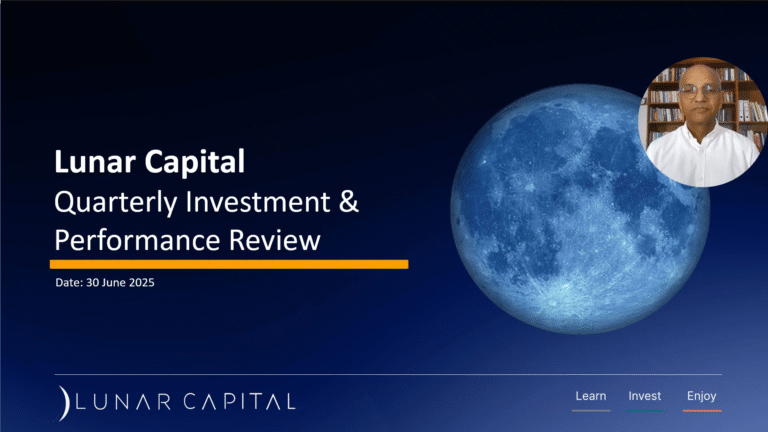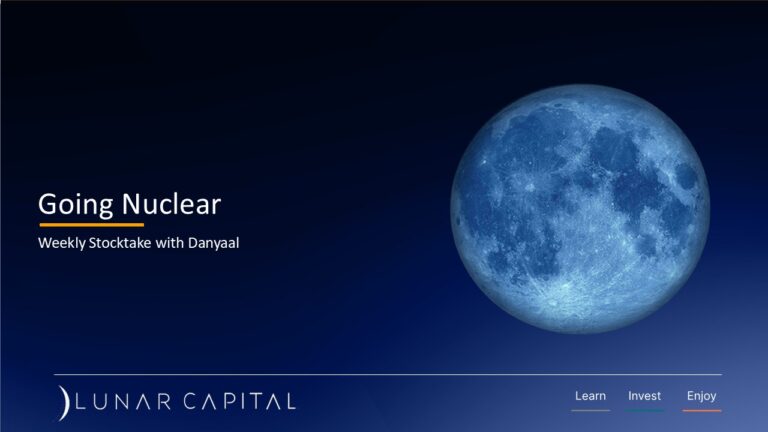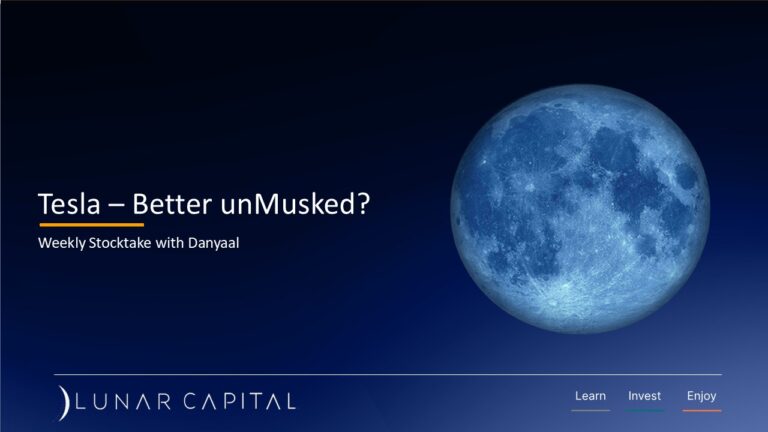[fusion_builder_container hundred_percent=\”no\” equal_height_columns=\”no\” menu_anchor=\”\” hide_on_mobile=\”small-visibility,medium-visibility,large-visibility\” class=\”\” id=\”\” background_color=\”\” background_image=\”\” background_position=\”center center\” background_repeat=\”no-repeat\” fade=\”no\” background_parallax=\”none\” parallax_speed=\”0.3\” video_mp4=\”\” video_webm=\”\” video_ogv=\”\” video_url=\”\” video_aspect_ratio=\”16:9\” video_loop=\”yes\” video_mute=\”yes\” overlay_color=\”\” video_preview_image=\”\” border_size=\”\” border_color=\”\” border_style=\”solid\” padding_top=\”\” padding_bottom=\”\” padding_left=\”\” padding_right=\”\”][fusion_builder_row][fusion_builder_column type=\”1_1\” layout=\”1_1\” background_position=\”left top\” background_color=\”\” border_size=\”\” border_color=\”\” border_style=\”solid\” border_position=\”all\” spacing=\”yes\” background_image=\”\” background_repeat=\”no-repeat\” padding=\”\” margin_top=\”0px\” margin_bottom=\”0px\” class=\”\” id=\”\” animation_type=\”\” animation_speed=\”0.3\” animation_direction=\”left\” hide_on_mobile=\”small-visibility,medium-visibility,large-visibility\” center_content=\”no\” last=\”no\” min_height=\”\” hover_type=\”none\” link=\”\”][fusion_text]
Introduction
This blog discusses the reasons for the volatility in the Rand and what the ordinary person can do to protect herself from the impact of a weakening Rand.
Why has the Rand been so volatile?
The South African Rand has experienced much volatility over the last few years. There are many reasons for this.
Local political events like Nenegate and other cabinet reshuffles, the ANC NEC elections, pronouncements on policy changes like the Mining Charter or Land Expropriation Without Compensation; can impact how local and international investors view the risks or benefits of investing in the country. This could lead to additional investments flowing into or out of the country, resulting in either Rand strength or weakness.
Economic conditions can also influence whether the Rand strengthens or weakness. As South Africa is a net importing country and has a higher rate of inflation than most of the developed economies, the Rand should weaken over the long-term. This is what has been experienced. Low economic growth in the country; unemployment; the state of country, state-owned enterprises, and/or company finances can also impact the strength or weakness of the Rand.
Governance can also influence the strength or weakness of a currency. High levels of corruption, the rule of law, the efficacy of the judicial system, the strength of institutions such as the central bank and the tax collection agency; can all influence how the currency behaves. This is especially so when there is a marked deterioration or improvement in governance. In a highly mobile international investment environment, money can leave or enter a country very quickly, which can have a profound influence on exchange rates.
Sentiment can also play a role. We witnessed this after the election of Cyril Ramaphosa as ANC President and then the subsequent disillusionment of his ability to bring about quick changes. Similarly, sentiment can be influenced by international events. A recent example is the Turkish Lira crisis, where all emerging country currencies were impacted, and the Rand especially so.
These are just a few reasons why the currency can strengthen or weaken. Sadly, these are not in the control of individual or professional investors.
Why should you care?
Should you even care if the Rand weakens, given that you live in South Africa and that your expenses are largely in Rands?
Unfortunately for South Africans, most of the goods that we use are imported and are thus impacted by exchange rates. As the Rand weakens, imported goods become more expensive in Rands. South Africa also imports oil which is priced in US Dollars. So, a weakening of the Rand has an impact on fuel costs. This impacts not only your travelling costs, but also the cost of transporting goods. So, even locally produced goods that need to be transported get more expensive.
Clothing, motor vehicles, medicines, TV’s, cellphones, Social media platforms, some food items, fuel, fridges, toasters, stoves, computer hardware and software are all mostly imported. The prices of these goods and services become more expensive as the Rand weakens.
You should care if the Rand weakens because your cost of living will increase. You should also act to reduce the impact of this increase in your cost of living.
What can you do?
If you’re not in control of how the Rand behaves, what can you do? Do you idly watch the Rand weaken over time, albeit in a very torturous route?
There are a variety of ways that one can invest offshore. Exchange Control allows an individual upto R1m per annum to invest offshore and more if you are up-to-date with your taxes at SARS, subject to SARS approval. One can also invest in a local unit trust that has offshore exposure. Many funds, such as the Lunar BCI Worldwide Flexible Fund have some offshore exposure. You can invest in these funds without impacting your foreign exchange allowance.
Regular contributions (for example through a debit order) into these funds can provide a good way to be invested offshore, thus limiting the impact of a weakening Rand. If you contribute to a retirement fund, you could select the option that has upto 30% invested in offshore markets.
* * * * *
Investing on offshore markets is thus not out of reach for the ordinary people. If you invest an amount on a regular basis (say, a monthly debit order), you benefit if the Rand is strong by getting more foreign assets, and as the Rand weakens, you benefit on the growth in Rand terms of the amount you have already invested.
By investing offshore, you provide a hedge (protection) against the Rand weakening and ultimately providing some protection against your cost of living increasing.
[/fusion_text][/fusion_builder_column][/fusion_builder_row][/fusion_builder_container]





